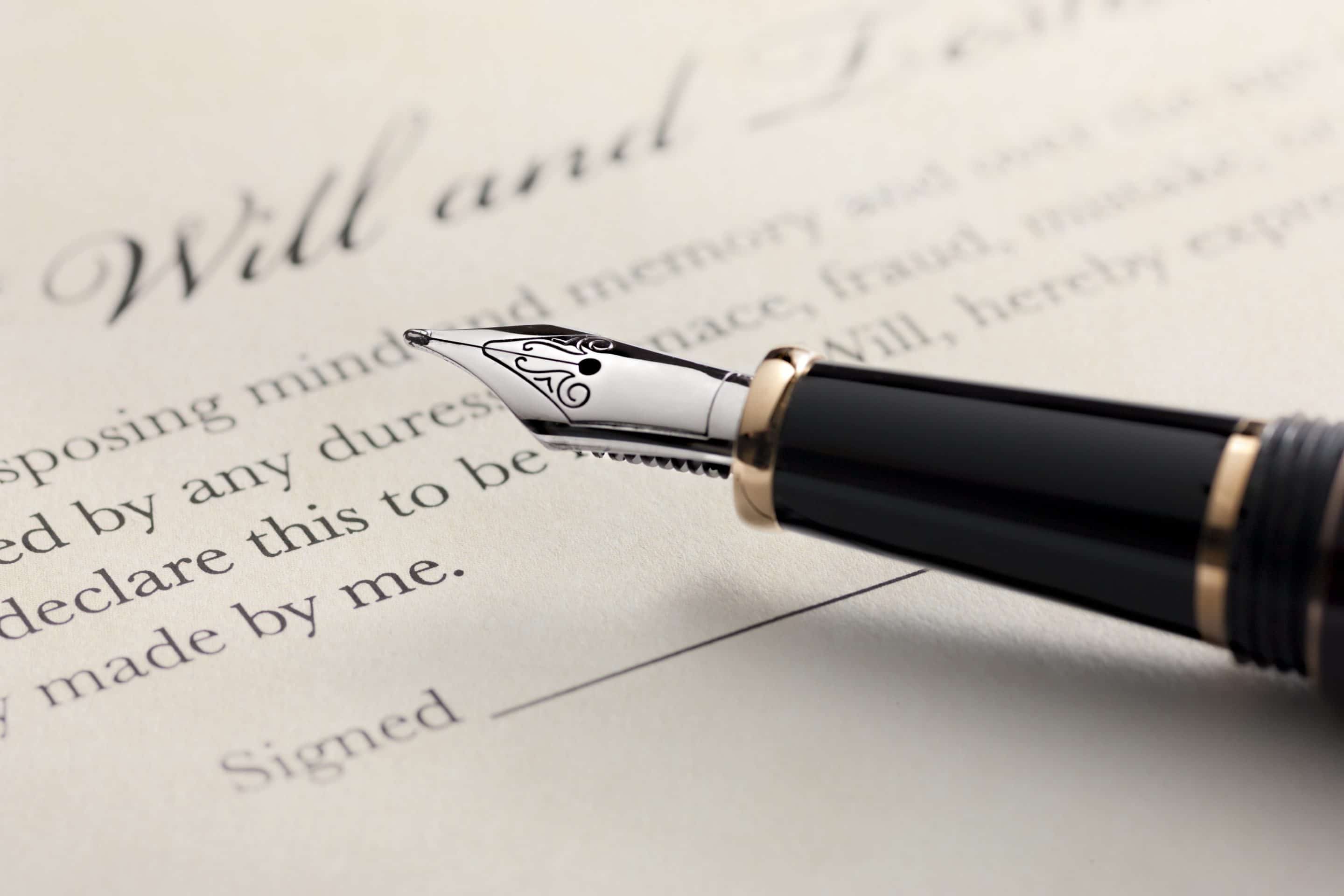Mirror Wills | 5 minute read
Writing a will is a hugely important part of life and of getting older. The great thing about writing a will is that you can tailor it to be exactly what you want and reflect your wishes. There are many different ways to draft a will, depending on your situation and whether you are married, unmarried or have children.
If you and your partner want to make almost identical wills, you may want to consider drafting mirror wills. Furthermore, mirror wills are virtually identical, except for the name of the person drafting the will and specific funeral requirements. Whatsmore, they can be a cheaper and easier alternative to individual wills, and are great for couples of all shapes and sizes.

Why do married couples need Mirror wills?
If you’re married or in a civil partnership, and you pass away without a will, your estate will following the rules of intestacy. In most situations, your spouse will still inherit from your estate if you die intestate.
However, there’s still a risk that they may not, especially if either of you have children, whether with each other or previous partners. It’s always better to secure your estate before it’s too late, to ensure that your will provides for your family in the event of your passing.
Why do unmarried couples need Mirror wills?
Unlike married couples, unmarried couples will not automatically inherit from their partner’s estate.
If you are in an unmarried relationship, and you die without a will, your estate will follow the rules of intestacy, which will always prioritise blood relatives. The rules of intestacy put and unmarried partner at the bottom of the pile to inherit. In fact, an unmarried couple won’t even be a part of the pile; as a non-blood relative, you won’t inherit at all. Intestacy dictates that the estate must go to blood relatives – failing this, the estate will go to the Crown (government).
It’s for this reason that couples, whether heterosexual or LGBT, always get some kind of will or mirror willls put in place, to avoid the difficulties that coincide with intestacy.

What Are mirror wills?
Mirror wills are essentially identical copies of one will, where each partner leaves their estate to the other in the event of their passing away. Whatsmore, most mirror wills will also list their children as beneficiaries. The result is that when one dies, the other is protected, and the children will eventually inherit the assets.
As suggested in the name, the wishes of one partner in a mirror will would reflect those of the other. For example, a wife could leave everything in her estate to her husband in the event of her death, and the husband would leave everything to the if he died first.
What are the benefits of mirror wills?
Your partner can inherit everything
By agreeing to a mirror will, you can protect your finances and those of your partner. You can also make a mirror agreement where your will each inherit from the other. In most mirror wills, your partner will automatically inherit the first £250,000 of their partner’s estate.
Your children automatically inherit from the estate
A mirror will could include instructions for your children to inherit the total sum of the estate.
They're easier and more cost-effective
Mirror wills are a cost-effective way for couples to get their wills done and are an easier alternative if the contents of your estate are essentially the same.
What if we're cohabiting?
If you’re LGBT or in an unmarried relationship, you can still draft mirror wills. We encourage you to do so, so you can secure everything you have together.

What are the risks?
The largest problem with mirror wills is if the surviving partner remarries when the other partner dies. The danger is that the previous will becomes void at the hands of the new partner, and the children could disinherit from the estate.
Mirror wills can also be tricky in that they don’t fully reflect modern family structures. Traditionally, mirror wills are better suited to a standard family set-up but tend not to take step-children, secondary marriages or LGBT families into account. Mirror wills are also known for being outdated in principle and are often misunderstood as having to have directly mirroring contents.
Why do I need a lawyer for my mirror wills?
Whilst it is possible to draft your own will, the probability of making mistakes is high and can be costly if your will has to be re-done. Our partner firms offer a full will-writing service, from a chat about what you want to put in your will to drafting and storing it for free.
As your will is a legally binding document of such huge importance, you’re better off having a water-tight document drafted by a lawyer to save issues further down the line.



0 Comments